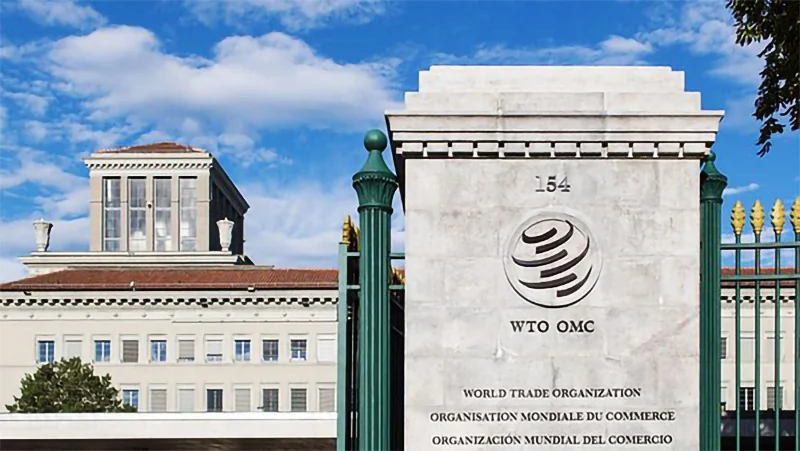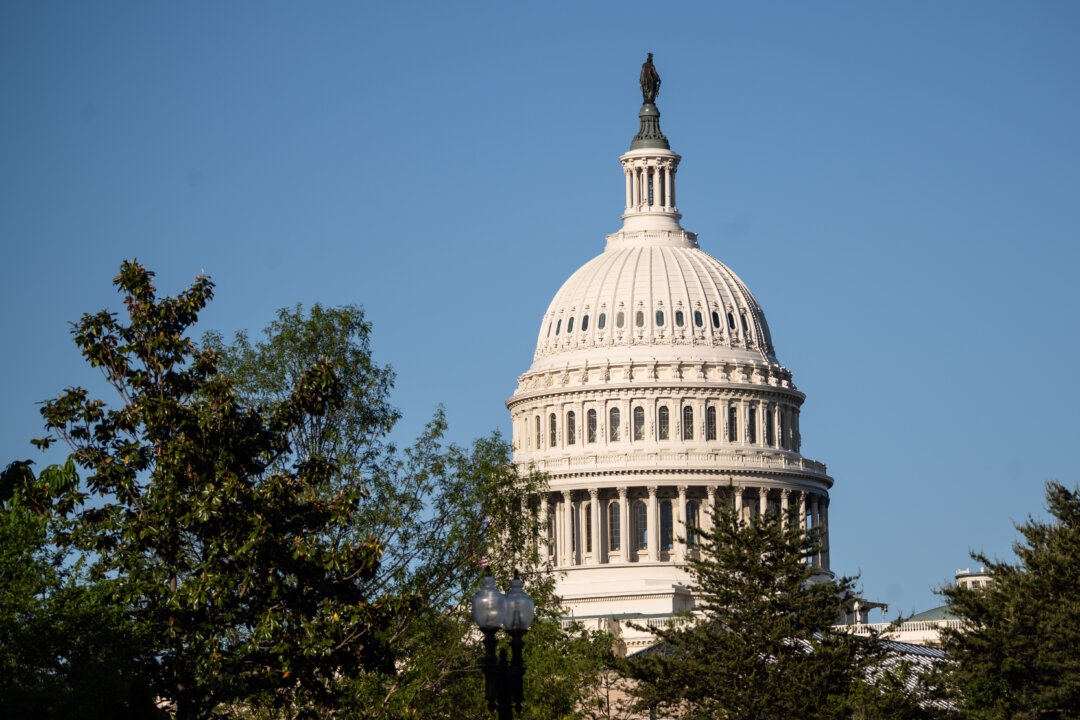We agree with the Centre for Policy Dialogue's (CPD) observation that the government's failure to form an education reform commission has been a significant misstep—one that is proving costlier amid persistent turmoil in many colleges and universities, driven largely by student grievances. The latest unrest involves polytechnic students, who have been protesting for months and are now enforcing a "complete shutdown" of their institutions until a roadmap for implementing their six-point demand is formulated. Earlier, it was the turn of KUET, which has remained closed since a violent clash broke out on February 18, leading to huge academic disruptions, student suspensions , dormitory break-ins , and even face-offs between students and teachers over the former's demand for the VC's removal, which has been subsequently met .
This pattern has been repeated on many other campuses since the July uprising. While it is true that the continued turmoil over student grievances has a lot to do with their newfound power of mobilisation, shrinking the space for negotiation and compromise, a reform commission could have given all involved a sense of direction away from reactive policies. It could have helped address many of the systemic issues plaguing our educational institutions, providing a new, modern vision for the sector.

The question is, why hasn't the interim government formed it even after being in power for nearly nine months? At a media briefing on Tuesday, the CPD's Debapriya Bhattacharya claimed to have proposed forming a high-level reform committee to the education adviser in March. This newspaper, too, has published a number of commentaries advocating for such a commission. But for reasons unknown to us, the government decided against it, even though it set up 11 other commissions.
The CPD's proposal was more in line with the demands of polytechnic students as it envisioned a reform committee to overhaul the technical education sector and align it better with market needs. Despite the sector's potential for leveraging our economic transformation, poor planning and monitoring as well as a lingering bias towards general education have meant that Bangladesh is lagging behind its SDG target of ensuring wider and fairer access to quality technical education by 2030, according to CPD. In so doing, we are also failing our technical graduates as many of them remain unprepared for the job market, thanks to outdated training, curriculum mismatches, etc.
We, therefore, urge the government to take immediate steps to form an education reform commission, or separate, subject-specific committees, especially focused on higher education. Given the turbulence our educational landscape has witnessed and the course correction it requires amid changing realities globally, the authorities must go for significant reforms instead of always acting under pressure, which may cause further damage in the long term. We agree with the Centre for Policy Dialogue's (CPD) observation that the government's failure to form an education reform commission has been a significant misstep—one that is proving costlier amid persistent turmoil in many colleges and universities, driven largely by student grievances.
The latest unrest involves polytechnic students, who have been protesting for months and are now enforcing a "complete shutdown" of their institutions until a roadmap for implementing their six-point demand is formulated. Earlier, it was the turn of KUET, which has remained closed since a violent clash broke out on February 18, leading to huge academic disruptions, student suspensions , dormitory break-ins , and even face-offs between students and teachers over the former's demand for the VC's removal, which has been subsequently met . This pattern has been repeated on many other campuses since the July uprising.
While it is true that the continued turmoil over student grievances has a lot to do with their newfound power of mobilisation, shrinking the space for negotiation and compromise, a reform commission could have given all involved a sense of direction away from reactive policies. It could have helped address many of the systemic issues plaguing our educational institutions, providing a new, modern vision for the sector. The question is, why hasn't the interim government formed it even after being in power for nearly nine months? At a media briefing on Tuesday, the CPD's Debapriya Bhattacharya claimed to have proposed forming a high-level reform committee to the education adviser in March.
This newspaper, too, has published a number of commentaries advocating for such a commission. But for reasons unknown to us, the government decided against it, even though it set up 11 other commissions. The CPD's proposal was more in line with the demands of polytechnic students as it envisioned a reform committee to overhaul the technical education sector and align it better with market needs.
Despite the sector's potential for leveraging our economic transformation, poor planning and monitoring as well as a lingering bias towards general education have meant that Bangladesh is lagging behind its SDG target of ensuring wider and fairer access to quality technical education by 2030, according to CPD. In so doing, we are also failing our technical graduates as many of them remain unprepared for the job market, thanks to outdated training, curriculum mismatches, etc. We, therefore, urge the government to take immediate steps to form an education reform commission, or separate, subject-specific committees, especially focused on higher education.
Given the turbulence our educational landscape has witnessed and the course correction it requires amid changing realities globally, the authorities must go for significant reforms instead of always acting under pressure, which may cause further damage in the long term..
Politics

Polytechnic crisis shows why an education reform commission is crucial

Govt has so far ignored the demand for education sector reforms















